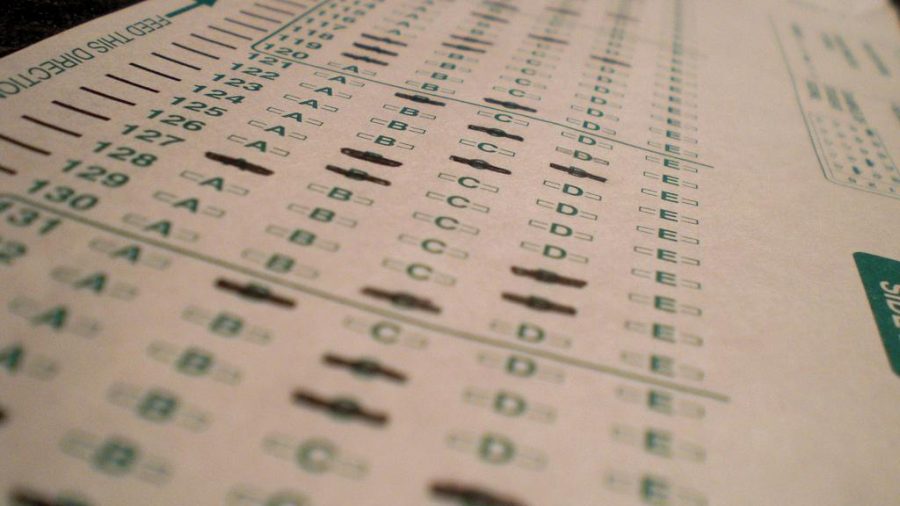We all took the SAT, ACT or some form of standardized test to get where we are today — college. To even apply to most graduate programs across the nation, another standardized test must be taken. The accuracy of these tests are often questioned. Across the globe, there is criticism about the standardized testing system, which many argue simply doesn’t work due to its mercurial nature. However, contrary to those critics, standardized testing has great benefits, making it a system worth keeping.
The primary objection to standardized tests is that they simply do not work. This is false. These tests do work. While the tests cover only math and language (which consists of writing and reading comprehension), these subjects are vital in our daily lives and the majority of career paths available today. There are few, if any, positions that do not incorporate one or the other. Proficiency in those areas will correlate to proficiency in a student’s future field — higher scores on these tests will lead to higher proficiency in the future, making the test a fairly accurate measurement of one’s future success.
The process of studying for these tests provides students with better studying habits. The trends within standardized tests are repetitive. Studying for these patterns and growing accustomed to them means that, should a student invest enough time into studying, they will achieve better results on their tests, yielding better results in college admissions. This skill provides students with a foundation for higher education and illustrates that studying will lead to better results, providing more incentive for students to study further, beyond their standardized tests and into the classroom, which again would yield better results for a student’s prospective career field. This again would indicate that these tests are accurate predictions for a student’s future.
Perhaps the greatest benefit of standardized testing is, as the name suggests, that it sets a standard for students across the world. The tests consistently contain the same concepts and patterns. This stability allows students, no matter their location, to study for the test using various online resources and physical books, most of which are at an affordable cost — giving opportunities for success no matter one’s social and economic background or location. Success on this test thus provides opportunity — especially for the less fortunate. In this regard, students who were unable to meet certain academic standards at their secondary institutions due to external influences are essentially given another chance to showcase their intellect through success on the test. This in turn provides those students a chance for better success, which may not be available simply through their GPA or the like.
With that said, standardized testing is not perfect. It is a measure of critical thought in relation to memorization as opposed to innovation and creativity. The fact that it is supposedly a measure of intelligence also irks many individuals, and for good reason, as low scores do not indicate low levels of intelligence. However, a high score does indicate a high level of intelligence, perseverance and adaptability. Those who score well are likely to have better future success due to the correlation of the test to both study habits and critical thinking. That is not to say that those who score poorly will fail in the future. The notion of success firmly applies to those who score well, but may be correlative to lower scores. There’s a reason that several countries invest so heavily on standardized tests. There is also a reason that high-end universities look at these scores. It’s because they work — despite their imperfections.



Jake W. • Sep 9, 2018 at 9:20 pm
It’s unclear to me what advantages the SAT and ACT provide over a simple IQ test.
Kristy K. Bartley • Sep 7, 2018 at 8:30 am
Actually, research has shown that the GRE, at least, does not necessarily predict success in graduate school. Also, access to study guides, classes, and study materials for standardized tests tends to be expensive and the time to study also depends on class privilege. If you are working after school to help your family, it could be harder to find time to add extra study time to your regular amount of homework from your high school classes. Finally, not all students are given the information needed to do well in these kinds of tests which due to their very structure are both culturally bound and cater to a certain way of linear thinking. To say that they are effective for everyone or even measure whether or not someone will do well in college misses a critical analysis of the nature of test construction and the all important issue of predictive validity.